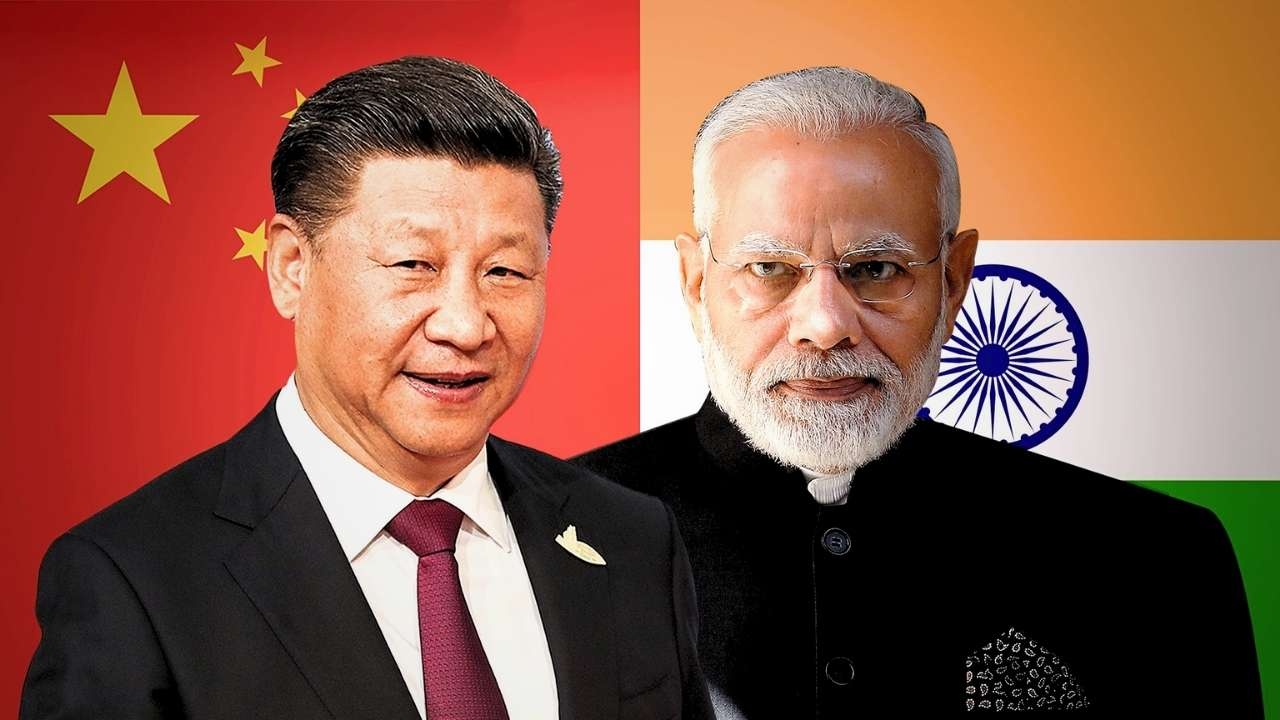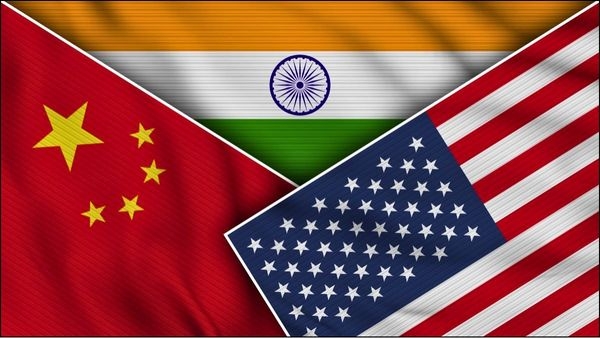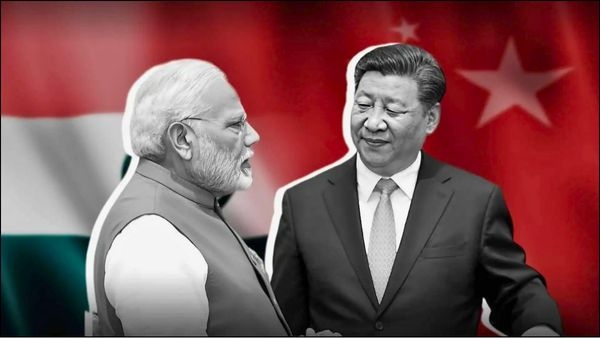“Modi, Xi meeting” How does China’s intellectual caucus view it?
Strategic voices in China interpret Modi Xi talks as a positive sign of unity where Bharat emerges as an equal Asian power.
Total Views |

The most significant outcome of the SCO summit on August 31 and September 1 was not the fact that leaders issued more than 20 joint statements on issues ranging from artificial intelligence and green industries to international trade, all of which have the potential to drive development. What captured the spotlight instead was the presence of Bharat’s Prime Minister, Narendra Modi, and the rapprochement between New Delhi and Beijing.
With this, PM Modi marked his first visit to China in seven years. The positive trajectory of Bharat’s relations with China was underlined by Modi’s favourable assessment of his bilateral meeting with President Xi Jinping. He highlighted that their relationship is based on “mutual respect, mutual interest and mutual sensitivity.”
Analysing Chinese media coverage, academic commentary and the perspectives of China’s intellectual community, three distinct notions appear to emerge:
“The Softer-on-Bharat” Faction
Chinese analysts appear to welcome Modi’s assertion of strategic autonomy, interpreting it as evidence of Bharat carving out its own independent path in international affairs. State-run outlets such as China Daily highlighted Modi’s remark that both nations pursue independent foreign policies and reaffirmed that bilateral ties are not subject to third-party influence.
Professor Liu Zongyi, Director of the Centre for South Asian Studies at the Shanghai Institutes for International Studies, emphasised the enduring importance of strategic alignment in fostering stable and sustainable relations between Bharat and China.

Similarly, a column in China Youth Daily by Asia specialist Evan Feigenbaum of the Carnegie Endowment for International Peace observed that while United States diplomacy currently appears more conciliatory towards China than towards Bharat, New Delhi is increasingly aware of this inconsistency, which is prompting a strategic recalibration.
“From India’s perspective, the rapprochement between the United States and China has become a nightmare… Consequently, they are actively cultivating ties with other actors.”
Advocates of “Asian Solidarity”

Another school of thought stresses that China and Bharat, as prominent Asian neighbours, must remain united in resisting external efforts, particularly from the United States, to sow division. Professors Lan Jianxue and Lin Duo argue that American policy seeks to firmly tie Bharat into an anti-China bloc:
“Their aim is… to tie India firmly to the US chariot of containing China.”
Proponents of this perspective interpret the Tianjin meeting as an early step towards a renewed sense of regional alignment, prioritising intra-Asian cooperation over reliance on the West.
Conclusion
The emerging views from China broadly welcome the Modi–Xi engagement as a positive step towards amplifying Asia’s collective voice in global affairs. Analysts who emphasise strategic autonomy see Bharat’s independent stance as complementary to China’s vision of multipolarity, while advocates of Asian solidarity underline the necessity of unity in the face of Western attempts at division.
This interpretation frames the dialogue not merely as a bilateral reset, but as a potential cornerstone for building an Asian-led framework in global governance. The sentiment reflects cautious optimism that deeper Sino-Indian cooperation could gradually tilt the balance of power towards Asia’s rise.
Article by

Kewali Kabir Jain
Journalism Student at Makhanlal Chaturvedi National University of Journalism and Communication

